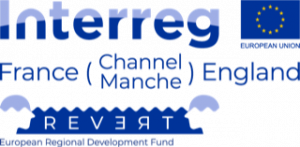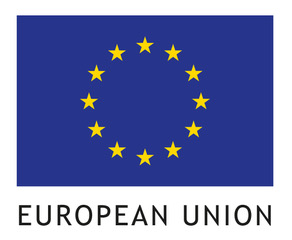Improving quality of life for hydrocephalus patients
REVERT is a collaborative science project about reversible dementia launched in 2020. It involves researchers, clinicians, physicists, mathematicians, IT specialists, doctors, nurses, and other health professionals in the development and the promotion of innovative hydrocephalus treatments.
Obex Technologies are excited to announce their involvement in the REVERT project, partnering with highly skilled and experienced colleagues from Universities and Hospitals on both sides of the Channel. We feel honoured to be among the recipients of 2.4 million euros that has been allocated from the European Regional Development Fund and Interreg France (Channel Manche) England to co-finance the REVERT project.
Michael Martin, Director of Operations at Obex says:
We are thrilled to be working with our much esteemed English and French collaborators on the REVERT project. By building on our years of experience with the UK Shunt Registry software platform, we hope to make the pioneering research behind REVERT accessible to healthcare professionals and affected patients right across the programme area.
Facing Dementia
REVERT was conceived to address the needs arising from the serious health problem that is dementia. Dementia causes progressive brain degeneration. This has a significant impact on a patient’s quality of life. The disease reduces their autonomy and can lead to a premature death. Dementia can affect infants as well as adults. However, its prevalence significantly increases with age, thus making it possibly the biggest challenge that the ageing population faces.
Treating Hydrocephalus
The REVERT project is focused on a specific form of dementia called normal pressure hydrocephalus (NPH). It mostly affects the elderly. Unlike most types of dementia such as Alzheimer’s disease, hydrocephalus can be treated, and potentially reversed. The current method consists of surgically implanting a thin, flexible tube equipped with a special valve known as a shunt, which drains excess cerebrospinal fluid from the brain into a suitable cavity in the body.
However, the treatment cannot be applied indiscriminately and only accurate diagnosis can select patients who have a good chance of improvement after shunting. This approach has been successfully developed and put into practice over many years at Addenbrooke’s (UK) and Amiens (France) hospitals, using two different diagnostic methods. The REVERT project aims to share this expertise to promote a unified front on diagnosis and management.
The REVERT team is building a network of clinical excellence to implement innovative medical tools to diagnose NPH (Normal Pressure Hydrocephalus) patients quickly and accurately as part of an integrated care pathway.
A cross-border cooperation
The REVERT project is led by Dr Peter Smielewski, researcher at the University of Cambridge, in close cooperation with Dr Olivier Balédent (CHU Amiens and University of Picardie Jules Verne) and Alexis Joannides (Cambridge University Hospital). REVERT combines the world-leading expertise of the University Hospital CHU Amiens in MRI-based brain flow diagnostics with Cambridge University Hospital’s advanced technology in brain pressure analysis. The cross-border collaboration also involves the following partners: Obex Technologies Ltd, a software company experienced in developing bespoke medical software solutions, researchers from the University of Artois, department of mathematics, specialising in the application of artificial intelligence methods; researchers from the University of Picardie Jules Verne with a focus on modelling blood and brain fluid circulation; and the university hospitals of Brest and Caen.
A european engagement
The REVERT project is part of the European programme Interreg France (Channel Manche) England. The project is co-financed by ERDF (European Regional Development Fund). Interreg France (Channel Manche) England has allocated 2.4 million euros to the REVERT project. This is out of the total budget of 3.5 million euros delivered over 33 months. The project was launched on 1 October 2020 and will run until 30 June 2023.
To find out more about the REVERT project or wish to get in touch with the project team, please visit https://revertproject.org, or reach out to the Obex team via our contact page or social media.

